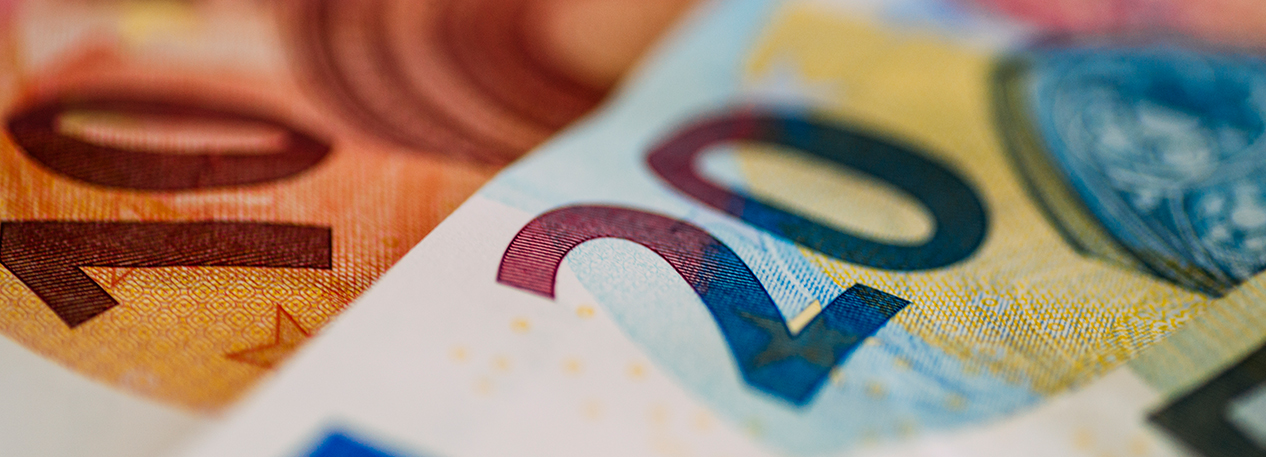Compared with the steep, persistent increase in unemployment that the Great Recession triggered in the United States, its effect on unemployment in Germany was surprisingly mild. While U.S. unemployment soared from 4.8 percent to 9.5 percent between the fourth quarter of 2007 and the fourth quarter of 2010, the German unemployment rate actually fell from 7.6 percent to 6.4 percent over the same period (Figure 1).1 The marked contrast may make one wonder whether the magnitude of the recession itself was smaller in Germany. Actually, the severity of the recession as measured by the drop in output was greater in Germany than in the United States. German output, as measured by the peak-to-trough difference in real gross domestic product, declined roughly 10 percent, while U.S. output declined 7 percent (Figure 2). Germany’s more severe downturn makes its labor market response to the Great Recession even more surprising. No wonder it is sometimes referred to as the “German labor market miracle.”
This article appeared in the Fourth Quarter 2014 edition of Business Review. Download and read the full issue.
[1]According to the National Bureau of Economic Research, the Great Recession officially started in the U.S. in the final quarter of 2007 and ended in the second quarter of 2009. However, the U.S. unemployment rate remained elevated through 2010 and beyond.
View the Full Article
